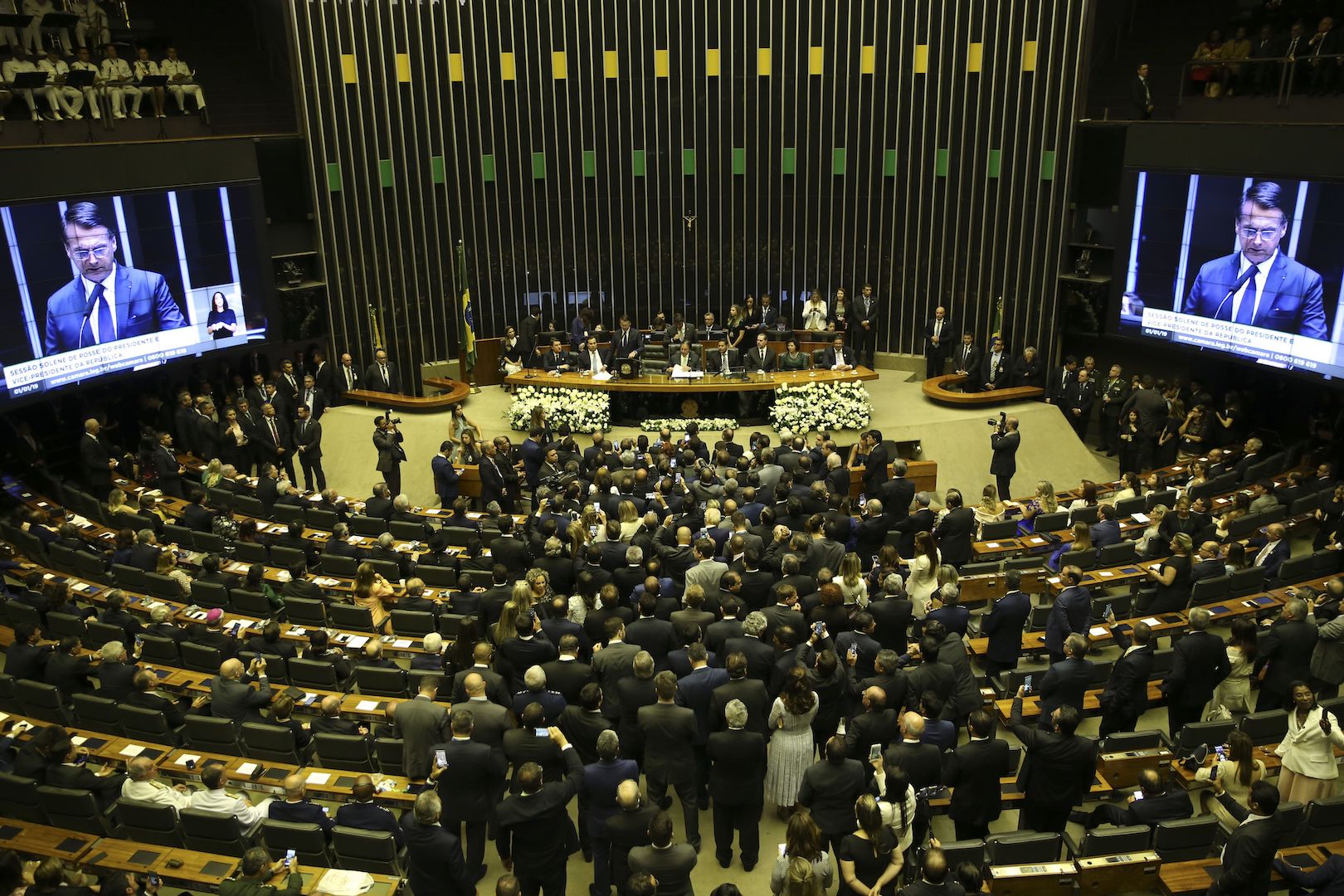RIO DE JANEIRO, BRAZIL – Congressiional leaders are working on a Proposal for a Constitutional Amendment (PEC) to allow for a “War Budget ” and to expedite the implementation of actions to tackle the crisis triggered by the Covid-19 pandemic.
The anti-coronavirus package so far entails federal spending of R$185 billion, but sources in Congress are now discussing the need to allocate R$500 (US$100) billion to fight the crisis. Legislators believe that contributions to the Family Grant and casual workers will need to be increased, in addition to the suspension of taxes paid by companies.
The “War Budget” would be a kind of parallel budget, with fewer constraints such as the obstacles provided by the Fiscal Responsibility Law (LRF), in bids and also in voluntary transfers to Brazilian states and municipalities.

During the state of emergency, which runs until December 31st this year, constitutional and legal restrictions would be suspended for those expenses exclusively focused on fighting the coronavirus.
Despite acknowledging the state of emergency, there are a number of clauses in the LRF and budget rules that prevent swift action.
Chamber president Rodrigo Maia (DEM-RJ) and other congressional leaders have been speaking to members of the Economy Ministry and the Central Bank about the PEC.
“We build this war budget and separate it from the government’s fiscal budget. We are trying to distinguish between what is urgent and what is not, so that we don’t have a medium and long term impact of increased spending,” said Maia on Monday.
The plan, according to Maia, would also be to set up a group within the Executive Branch to lead the implementation of this budget. “Organizing this better and providing greater clarity (about) what this budget is and how it’s going to work, is necessary,” he said.
Lawyers, government officials and also experts in the budget area reported that they are concerned about the lack of legal support for more forceful and faster actions. Among the proposals is to suspend the “golden rule”, which prevents the Treasury from going into debt to pay current expenses, such as salaries.
According to sources in the government’s economic area, the crisis, which requires agility in the coming months for the release of resources, cannot be managed in the same way as a normal budget.
The expenses for the coronavirus would be isolated, but there would be transparency rules for civil society oversight. A “crisis council”, made up of representatives of the federal executive, states and municipalities, would outline the nature of expenses that could be included in actions to fight the pandemic, help the most vulnerable low-income individuals, casual workers and businesses to preserve jobs.
In other words, the council will determine the sources of funds and what goes into the parallel budget or not.
Discussions with members of the government also focus on the need for privately-owned banks to provide working capital for companies to maintain wages. One of the proposals is that the Central Bank should provide collateral for these loans.
The government has in its basic cash flow about R$1.3 trillion to manage the capital required for its commitments. But some of this money is tied up and can only be used for specific purposes, such as writing off public debt.
Source: O Estado de S. Paulo

